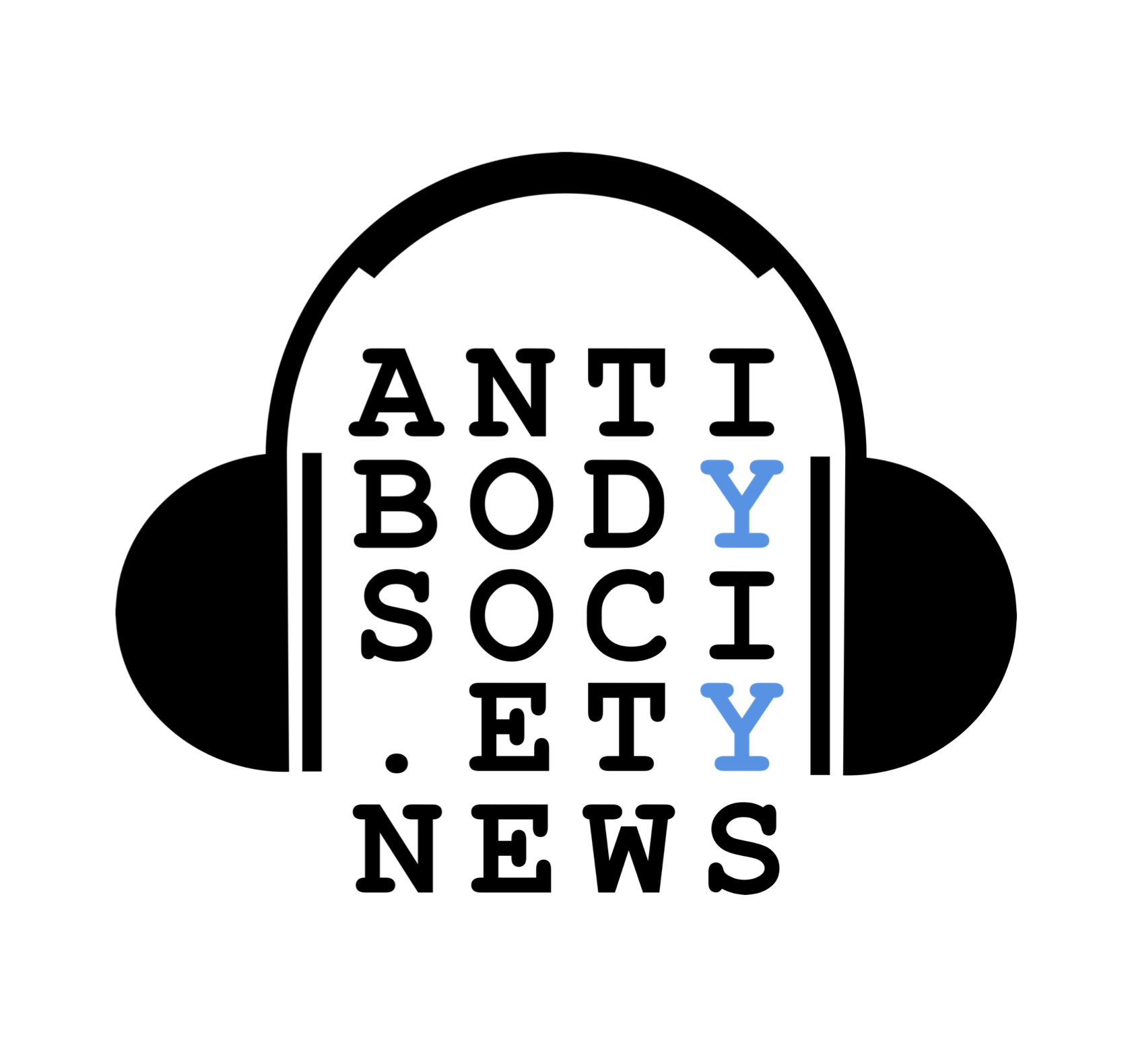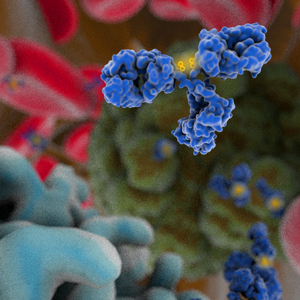 Antibody News is the 10-minute news podcast of The Antibody Society.
Antibody News is the 10-minute news podcast of The Antibody Society.
In this episode, we cover new business news, advancements in the clinical pipeline, and important regulatory updates, including new marketing applications and marketing approvals from September 15 – October 1, 2024.
Listen for FREE on:
PodBean –> https://lnkd.in/eqchSdT7
Spotify –> https://lnkd.in/e_5BeucT
Apple Podcasts –> https://lnkd.in/ec9S6HJp
Amazon Music –> https://lnkd.in/es5Dz3hW
Audible –> https://lnkd.in/einBGchf



